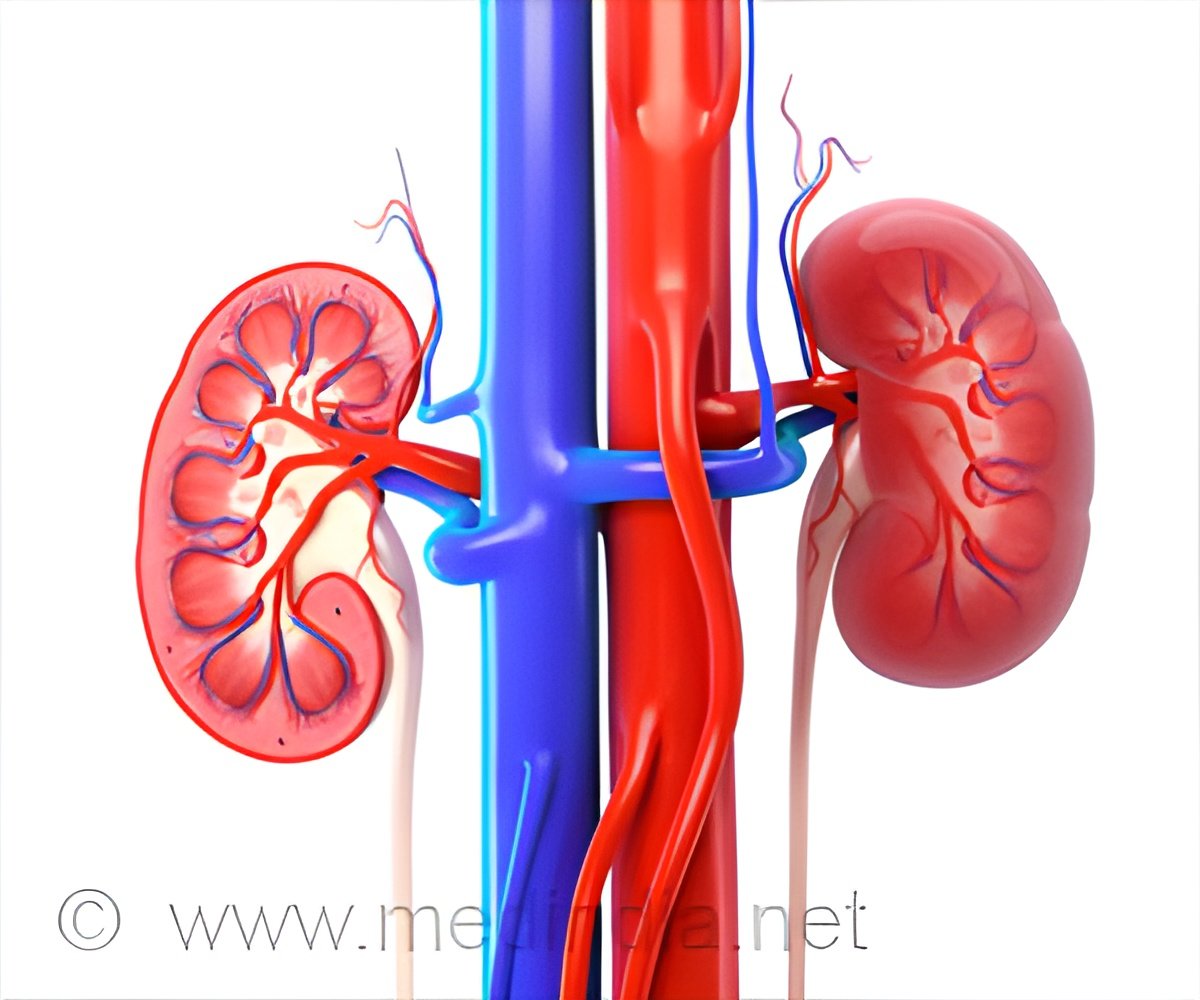
‘There is an increasing prevalence of kidney-associated diseases worldwide.’
Tweet it Now
There //is an increasing prevalence of kidney-associated diseases worldwide. Approximately, 19-26% of cases of acute kidney injury (AKI) are induced by nephrotoxic drugs. AKI ultimately progresses to chronic kidney disease (CKD) and an increased risk of mortality. Diabetes mellitus, systemic hypertension, and glomerulopathies are the main causes of CKD.CKD is a global health and economic burden and is an independent risk factor for cardiovascular disease-CVD. Due to the shortage of compatible organ donors, stem cell-based therapies are considered as alternative treatment options for kidney-associated diseases. To date, several adult stem cell sources have been established from bone marrow, cord blood and amniotic fluid. Although these sources harbor stem cells with great regenerative potential there are some limitations. Cord blood and amniotic fluid can only be accessed before and at birth and bone marrow requires invasive-procedures associated with risks and pain for the patient. Kidney biopsies are used to derive human kidney cells for research purposes.
On a daily basis, approximately 2,000 to 7,000 cells are flushed out from our kidneys into our urine. Although several laboratories have shown that urine represents an alternative source of kidney stem cells, a comprehensive molecular and cellular analyses of these cells have so far been limited. In our study, urine-derived renal progenitor cells (UdRPCs) were isolated from 10 individuals of both genders and distinct ages. We show that UdRPCs express typical markers seen in bone marrow-derived mesenchymal stem cells (MSCs) and in addition they express the renal stem cell markers- SIX2, CITED1, WT1, CD24 and CD106. UdRPCs can be differentiated into cell types present in the kidney; proximal-, distal-tubules and podocytes.
Wasco Wruck, Bioinformatician and co-author of the study, says,"It is amazing that these valuable cells can be isolated from urine and comparing all the genes expressed in UdRPCs with that derived from kidney biopies we could confirm their renal and renal progenitor cell properties and origin". Remarkably, UdRPCs resemble and are similar to amniotic fluid-derived stem cells (AFCs) which we previously isolated from third trimester amniotic fluid, this further provides evidence in support of urine as the origin of UdRPCs says Shaifur Rahman, first author of this study. Furthermore, UdRPCs can also be easily and efficiently reprogrammed into induced pluripotent stem cells using a non-viral integration-free and safe method- says Martina Bohndorf also co-author of this work.
According to the International Society of Nephrology, more than 850 million people worldwide are afflicted with kidney diseases, which raises the quest for alternative therapies to overcome the limitations associated with current treatments options such as organ transplantation and dialysis. Prof. Dr. James Adjaye, senior author says- one of the most promising options in the near future is the use transplantable renal stem cells (UdRPCs) for treatment of kidney diseases as a complementary option to kidney organs of which donors are scarce. Human UdRPCs should be considered as the choice of renal stem cells for facilitating the study of nephrogenesis, nephrotoxicity, disease modelling and drug development.
Advertisement
Source-Eurekalert











